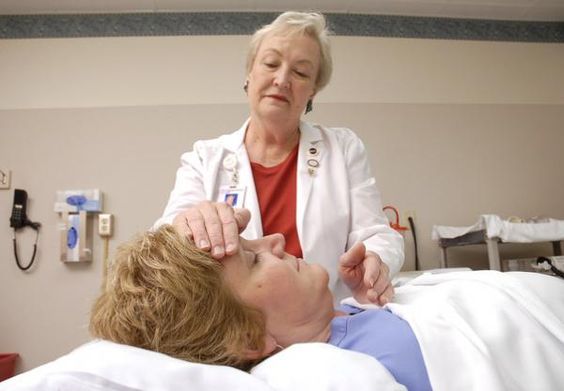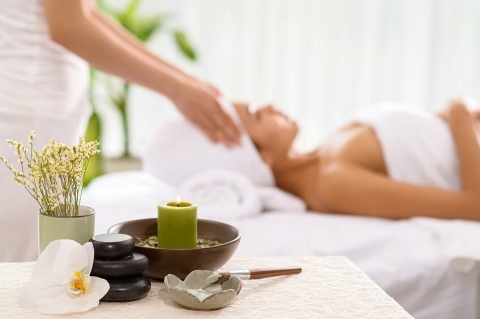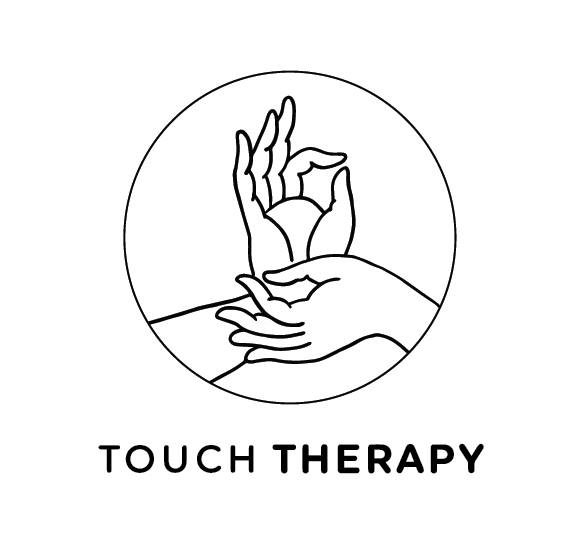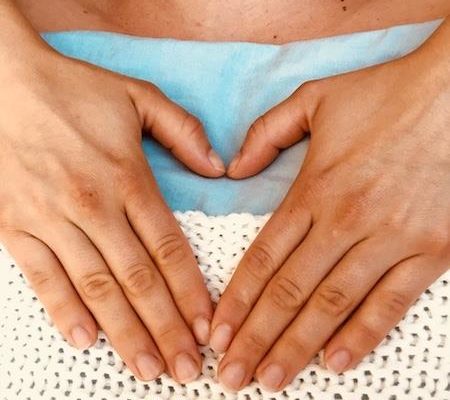“To touch can be to give life.” – Michelangelo
The use of touch to heal ailments has been used for centuries. It is documented that ancient civilizations throughout the world have used methods such as massage therapy to relieve pain, heal injuries, and cure illnesses, with the oldest record dating back to 3,000 BCE or earlier in India.

For more than a dozen years, massage and other touch therapy has been a major part of my self-care routine and I have personally experienced the benefits, from reduction in my stress and anxiety levels to recovery from soft tissue injuries. My massage therapist has become the primary tool in my wellness arsenal. However, the healing aspect of touch is not just my personal opinion, it has been scientifically proven that it has a positive effect on physical and emotional health.

In 2010, Dacher Keltner, founding director of the Greater Good Science Center and a professor of psychology at the University of California, Berkeley, conducted a study on the science of touch and found that “touch is truly fundamental to human communication, bonding, and health.” Not only does it convey trust and compassion, it is also proven to lower cardiovascular stress and activate the release of Oxytocin (the love hormone). In a Mayo Clinic article, it is proven that a one-hour massage can lower cortisol (the stress hormone) levels by an average of 30 percent.

However, for many people, the thought of another person touching them (in a non-intimate way) makes them cringe. There are many factors that contribute to the dislike or fear of touch, such as past trauma, fear of germs or social anxiety; but there is one factor that piqued my interested. According to an article in the New York Times, Jay Skidmore, former chairman of the psychology department of Seattle Pacific University, in America we have adopted the cultural trend to reduce touch.

As technology continues to evolve and create wedges between ourselves and others, we have made a complete shift from being highly interconnected to entirely disconnected from each other, eliminating virtually all physical personal contact; therefore, leading us to coin psychological conditions with monikers like “skin hungry” or “touch-deprived.” Now, for those that associate touch only with intimacy and sex, yes, that association is powerful, but not exclusive. The most meaningful forms of touch are derived from meaningful contact with another person and can come in the form of a hug, pat on the shoulder, holding of a hand, or deep tissue massage.
The point I’m trying to make is that the power to heal is literally at our fingertips.

